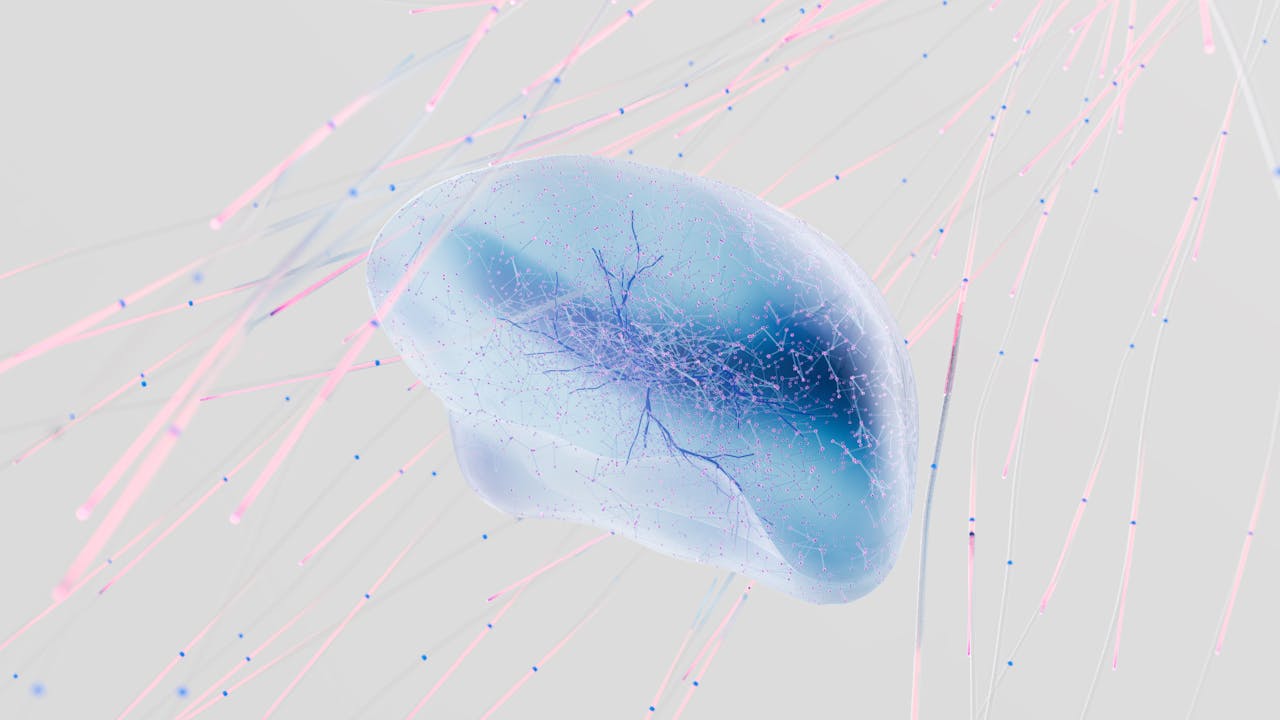Mental Health
Autistic Kids Born Preterm, Post-term Have More Severe Symptoms
EAST LANSING, Mich. - For children with autism, being born several weeks early or several weeks late tends to increase the severity of their symptoms, according to new research out of Michigan State University.
Additionally, autistic children who were born either preterm or post-term are more likely to self-injure themselves compared with autistic children born on time, revealed the study by Tammy Movsas of MSU's Department of Epidemiology.
Though the study did not uncover why there is an increase in autistic symptoms, the reasons may be tied to some of the underlying causes of why a child is born preterm (prior to 37 weeks) or post-term (after 42 weeks) in the first place.
The research appears online in the Journal of Autism and Development Disorders.
Movsas, a postdoctoral epidemiology fellow in MSU's College of Human Medicine, said the study reveals there are many different manifestations of autism spectrum disorder, a collection of developmental disorders including both autism and Asperger syndrome. It also shows the length of the mother's pregnancy is one factor affecting the severity of the disorder.
While previous research has linked premature birth to higher rates of autism, this is one of the first studies to look at the severity of the disease among autistic children who had been born early, on time and late.
"We think about autism being caused by a combination of genetic and environmental factors," she said. "With preterm and post-term babies, there is something underlying that is altering the genetic expression of autism.
"The outside environment in which a preterm baby continues to mature is very different than the environment that the baby would have experienced in utero. This change in environment may be part of the reason why there is a difference in autistic severity in this set of infants."
Movsas added that for post-term babies, the longer exposure to hormones while a baby is in utero, the higher chance of placental malfunction and the increased rate of C-section and instrument-assisted births may play a role.
The study also found that babies born outside of normal gestational age (40 weeks) - specifically very preterm babies - showed an increase in stereotypical autistic mannerisms.
"Normal gestation age of birth seems to mitigate the severity of autism spectrum disorder symptoms, and the types of autistic traits tend to be different depending on age at birth," she said.
The study analyzed an online database compiled by Kennedy Krieger Institute at Johns Hopkins University of nearly 4,200 mothers - with autistic children ages 4-21 - between 2006 and 2010. It divided the data on births into four categories: very preterm (born prior to 34 weeks); preterm (34 to 37 weeks); standard (37 to 42 weeks); and post-term (born after 42 weeks)
The mothers filled out a pair of questionnaires regarding the symptoms of their autistic children, and the results revealed very preterm, preterm and post-term autistic children had significantly higher screening scores for autism spectrum disorder than autistic children born full term.
"The findings point to the fact that although autism has a strong genetic component, something about pregnancy or the perinatal period may affect how autism manifests," said Nigel Paneth, an MSU epidemiologist who worked with Movsas on the paper. "This adds to our earlier finding that prematurity is a major risk factor for autism spectrum disorder and may help us understand if anything can be done during early life to prevent or alleviate autism spectrum disorder."
Source: Michigan State University









Join the Conversation